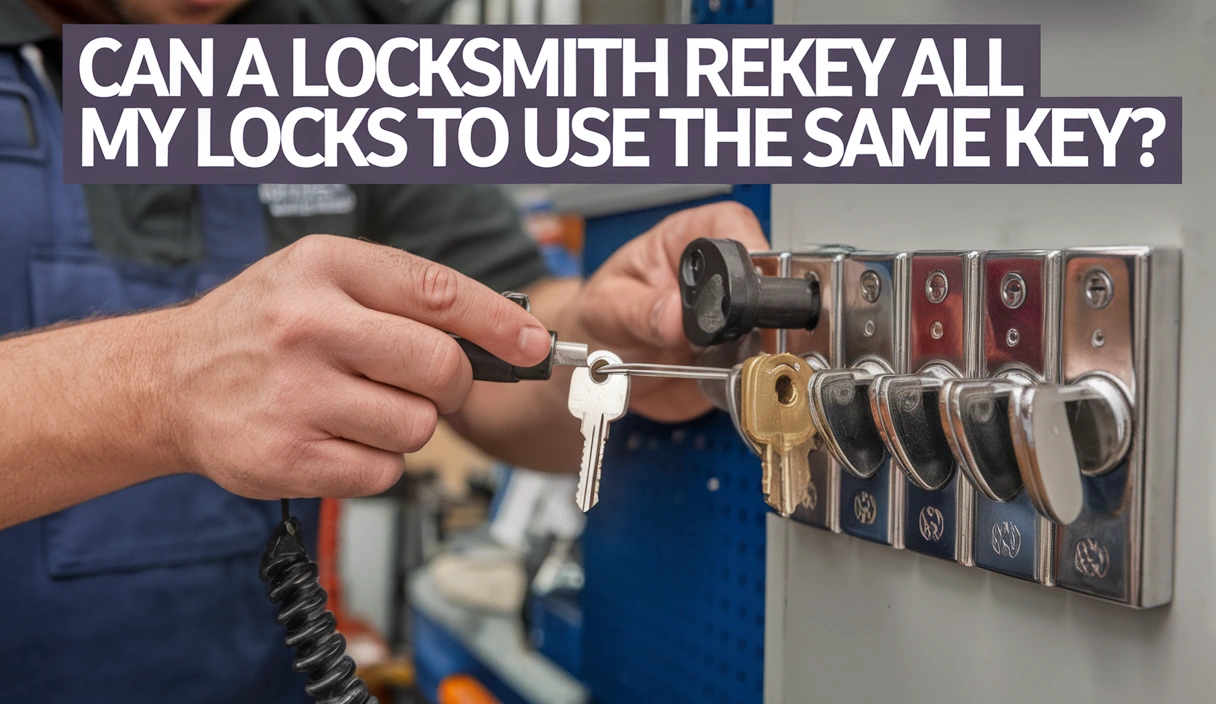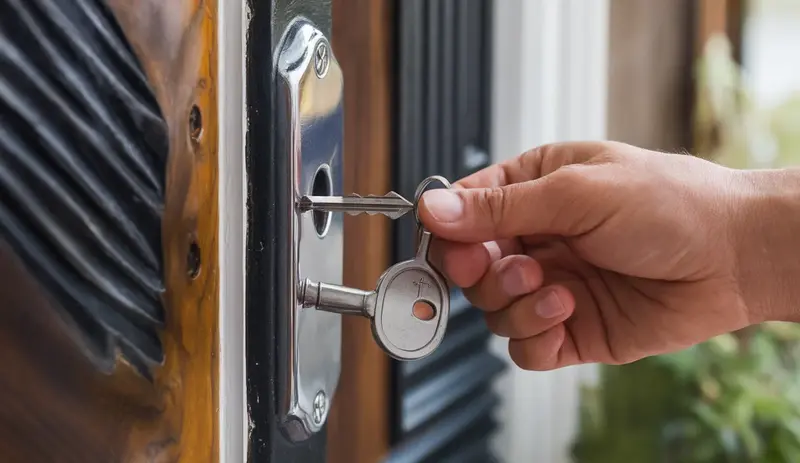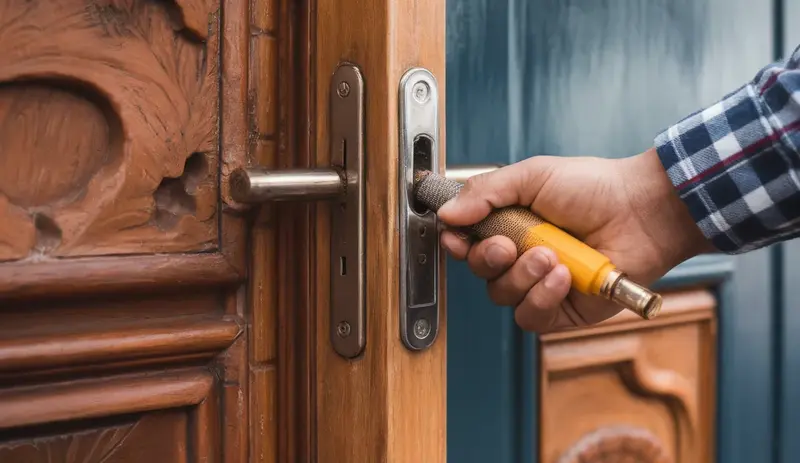
We’ve all been there—standing outside our house, fumbling through a massive keychain, trying to find the right key for the front door, back door, side gate, and garage. Your hands are full of groceries, it’s raining, and you’re wondering why on earth you need so many different keys.
What if I told you there’s a way to solve this key chaos once and for all? Good news: A professional locksmith can absolutely rekey all your locks to work with one single key. It’s like magic, but with a lot more practical security know-how.
What Does “Rekeying” Actually Mean?
Let’s discuss rekeying—it sounds way more complicated than it really is. Most people hear “rekeying” and immediately think it involves some complex technical process. But here’s the truth: it’s basically like giving your lock a new combination. Think of it as an upgrade that lets you keep the same old lock while using a different key.
A good locksmith reconfigures the internal mechanism of your lock so that a new key will work perfectly. Just like changing the combination on a padlock. The best part? It’s much less expensive than replacing every single lock in your house.
Can Every Single Lock Be Rekeyed?
Rekeying is also not a problem with most residential locks—standard deadbolts, doorknobs, and padlocks. If you have super specialized or very old locks, though, matters might get a bit more complicated.
Still, a good locksmith will always do a quick inspection first, and if he or she gives you a go-ahead, you can feel confident about proceeding. If you’re given a thumbs up, then rekeying is definitely the way to go. If you get any sort of hesitation or negative feedback from a locksmith, your next best step is to invest in good quality replacement locks.
How Much Will This Cost Me?
Let’s dissect the figures. The majority of locksmiths will charge somewhere between $50 and $130 per individual lock for their service. If one were to have rekeyed 4-5 locks, then a fair estimate for the total cost of this service would be anywhere from $200 to $400. In contrast, if one were to replace all of the home’s locks with new ones, a figure of $1000 or more would not be surprising. Compared to that, rekeying sounds like an absolute steal.
You May Like: Home Safety 101: Protecting Your Kids from Unlocked Dangers
When Should You Consider Rekeying?
Thus, when might you want to rekey those locks? Here are some prime situations:
- Moving into a new domicile
- Losing a key ring
- Exposing an unauthorized keyholder
- Desiring a heightened level of security
The Rekeying Process: What to Expect
Here’s a brief behind-the-scenes peek at how rekeying happens:
- A pro looks at your locks
- They take it apart and remove the core
- They put in new pins
- They create a new key
- They do a test to check if it works
Potential Challenges to Know About
Let’s face it—rekeying isn’t suitable for all locks. Very ancient locks, those with broken innards, or those made of subpar materials are better off being replaced. A good locksmith won’t hide the truth about the limits of rekeying.
So what’s the bottom line? Mostly, it’s this: If you’re looking for a way to upgrade the security of your home and rekeying is on the table, you’ve got a potentially inexpensive, unobtrusive route to a more secure residence. Just ensure that whatever professional you hire knows what they’re doing. You can find reliable locksmiths near you on Google Maps.
Rekeying isn’t just about convenience—it’s about taking control of your home’s security. One key, multiple locks, zero hassle. Just make sure you work with a reputable locksmith who can walk you through the entire process. Pro Tip: Always ask to see a locksmith’s credentials and get a written estimate before any work begins. Your home’s security is worth doing right.


